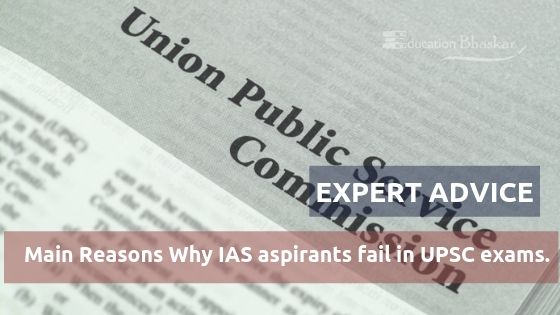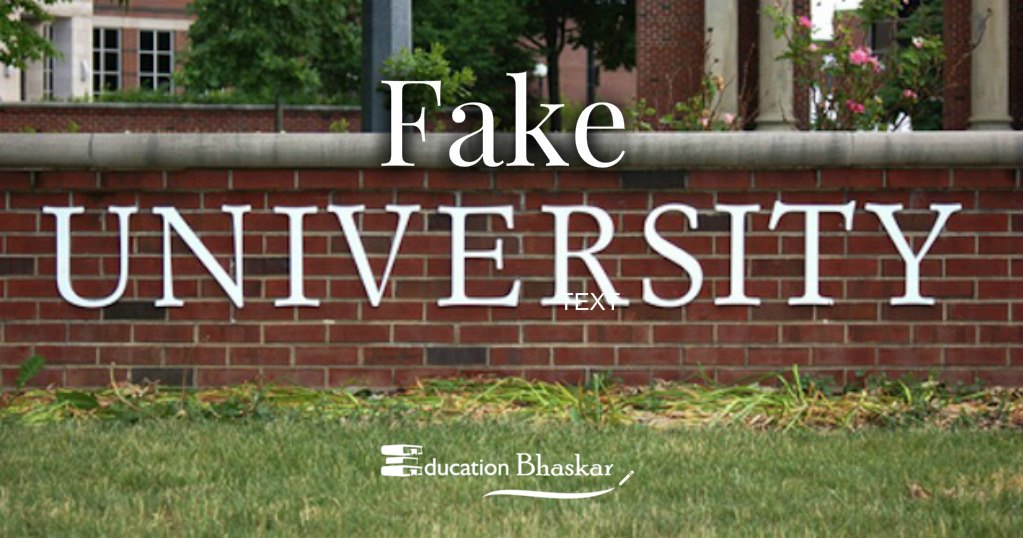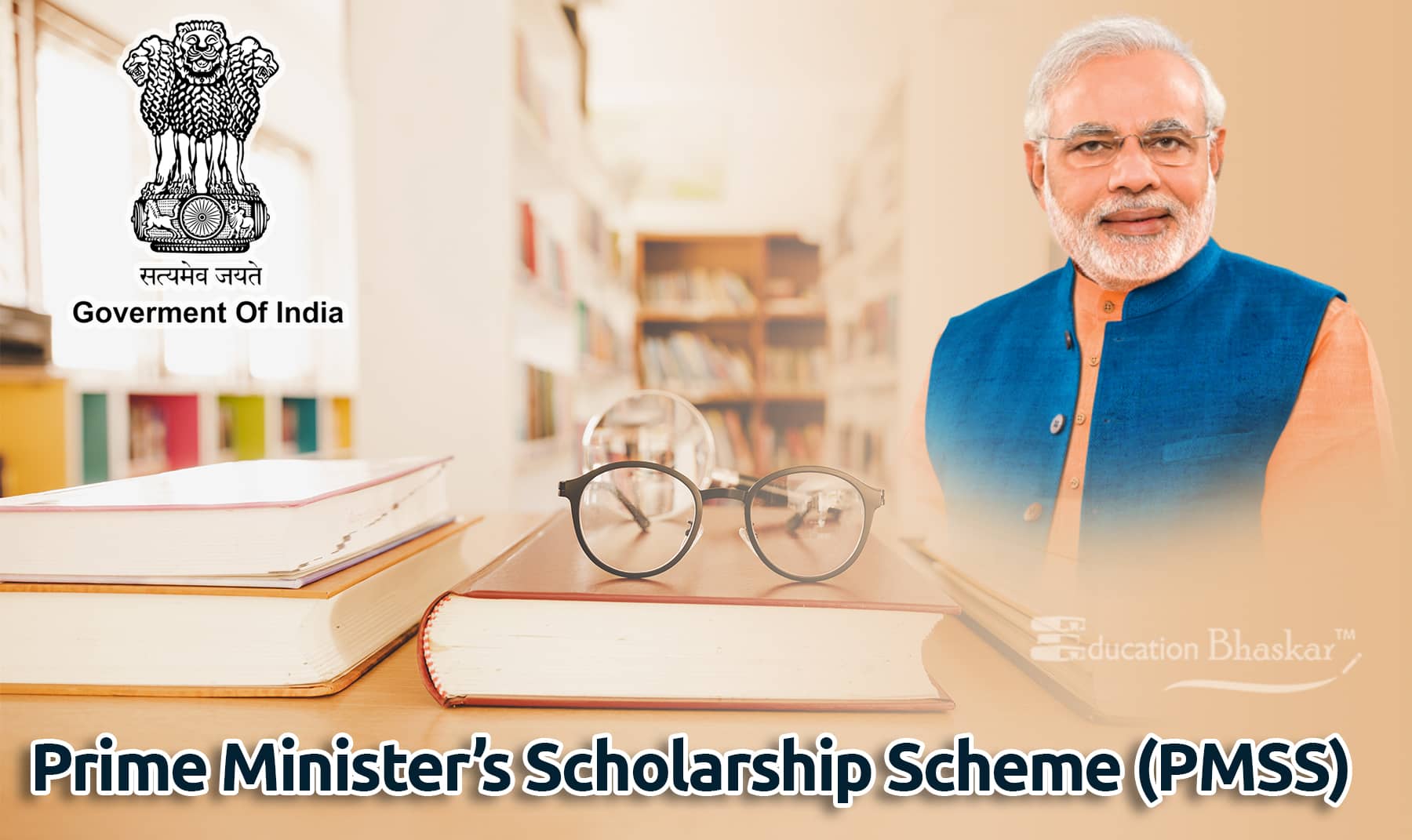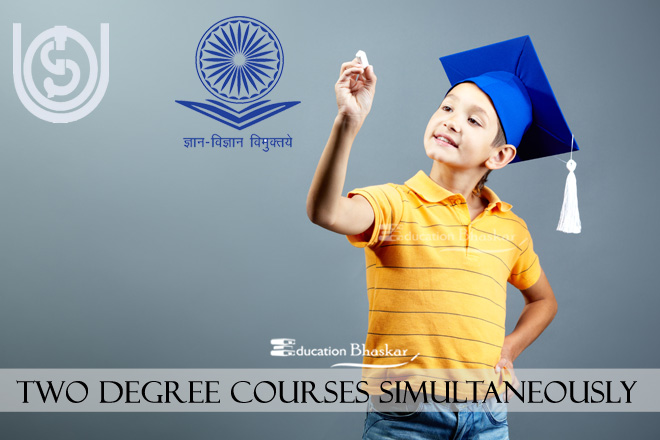Clearing the IAS UPSC exam is a dream come true for many aspirants in India. Students appearing for the exam should possess a high level of discipline and dedication when it comes to preparation and studies. Analyzing the difficulty of the exam and strategically planning the right approach will push them higher up the ladder of success.
A poor motivation factor that always fills them with fear of not cracking the exam only lets their energy down bringing down their performance in the exam.

“Never let success get to your head and never let failure get to your heart.” – Ziad K. Abdelnour
Table of Contents
Main Reasons for Failure in UPSC Exams:
Here are the top 15 reasons that explain why students fail to clear the IAS UPSC exams:
- Undermining the value of preliminary exam as a mere qualifying exam.
- Migrating in and out of the syllabus.
- Poor time management skills in the examination.
- Too much over-confidence with NCERT books and daily newspapers.
- Revision inadequately done.
- Wrong analysis of questions.
- Very few self-assessment and mock test sessions.
- Stacking up study material that is not relevant.
- Improving your strong areas while neglecting your weak areas.
- Concentrating on too many exams at the same time.
- An unbalanced study time table.
- Wrong choice of optional subjects.
- Not giving importance to previous year question papers.
- The mistake of not maintaining notes.
- Wasting too much on travel time for attending coaching classes.
Now well will tell you in brief:
-
Undermining the value of preliminary exam as a mere qualifying exam:
Any IAS aspirant would surely know that the IAS preliminary exam is conducted in order to qualify for the mains. That said, it shouldn’t mean a student should take it less seriously. Many of the students tend to take the prelims lightly, giving more weightage to the main exam preparation, losing out good chances to qualify further.
-
Migrating in and out of the syllabus:
Usually, for competitive exams like IAS, it is a common sight to prepare in groups and among peers, apart from self-study schedules. The study plan of one student definitely varies from the other. So absorbing all the gossip about the variety of study material to be referred to, while ignoring the main prescribed syllabus will only prove to be a very costly mistake.
-
Poor time management skills in the examination:
This is a very common problem that students tend to get carried away with few questions giving more time to them and spending less time on other questions. Assess the questions smartly. Spend less time on direct questions, which is where a student can score smartly. The areas that are too factual or ask for adequate knowledge can be kept at the last and that’s how the student can balance time among all questions.
-
Too much over-confidence with NCERT books and daily newspapers:
Never underestimate the value of NCERT books thinking you have already studied them in your school and college days. Those books are of primary importance, given that a variety of questions are asked out of them. Being too sure about current affairs by just glancing over news from the internet shall not yield good results. Reading one local newspaper along with a national daily is a must.
-
Revision inadequately done:
Doing everyday preparation without bothering to revise from time to time would do no good. An effective Civil Services preparation strategy should ideally include preparation plus revision at short breaks and time intervals. An entire month should be effectively spent in revising whatever is studied in the past few months.
-
Wrong analysis of questions:
It would be wrong to not know the correct negative marking value in the exam paper. Identify the questions that you are good at. Simple questions may be tricky in their own right. A certain percentage of the prelims paper contains direct questions, so you must strategize to score maximum marks there. Questions which need your analysis and logical thinking should ideally be solved that way. In the mains, don’t go out of bounds with subjective questions. Be crisp and clear with your answers. Practice good communication skills for the interview round and respond to the examiners only after clearly understanding their questions.
-
Very few self-assessment and mock test sessions:
What is the use of going on preparing from books and study materials without trying to know how questions will be framed on them? There are lots of mock test papers available everywhere on the internet that help you become acquainted with the kind of questions that may be asked. You will also master time management skills with good practice sessions.
-
Stacking up study material that is not relevant:
The study from books and materials that are required for your preparation. Do not get fascinated by other preparation. It may even tempt you to lose focus on your studies and may distract you towards referring books that in reality, may be unnecessary as part of the exam. Do not get carried away by other’s words of advice. Stick to your reference books and don’t pile a heap of books unnecessarily.
-
Improving your strong areas while neglecting your weak areas:
Over-working on your strong subjects and becoming more confident in them, while giving poor focus on less confident areas means you are only revising and re-revising what you already know. Instead, stay balanced about the choice of topics that you need to learn. In fact, you need to put in more time to learn areas that you aren’t too confident about.
-
Concentrating on too many exams at the same time:
This is a serious mistake students do sometimes. Thinking of IAS preparation as a gateway to many other similar government exams could raise your mental pressure unnecessarily and push your focus away from the IAS exam preparation. Focus on one thing at a time and realize your goal one step at a time. Do what is needed for the IAS exam for the time being and keep the rest of it for later preparation.
-
An unbalanced study time table:
Charting out working and well planned time table is like an important stepping stone in your success ladder. If you go wrong there, it will lead you to failure. Devote a balanced schedule for prelims, mains and interview preparation. Time table should include time for in-depth studies, revision, final glance and re-revision.
-
Wrong choice of optional subjects:
Students should not decide on their optional subjects based on the ease with which they think they know the subject. Familiarity with the depth of the subject together with the kind of questions asked previously should be the deciding factors. Do not just agree to an optional subject because it appears easy at the very first glance.
-
Not giving importance to previous year question papers:
Referring to previous year question papers give you an idea of the sectional division of questions, marks allocation to respective questions, a variety of questions and help you in better time management. Knowing what kind of questions appear in exams together with the right way to solve them in the target time duration is the key formula to clear the exam.
-
The mistake of not maintaining notes:
Being too overconfident with just reading the notes and memorizing them is a sure shot arrow pointed towards failure. Keep a concise, crisp and clear reference of notes written in your own handwriting that help you to go through from time to time and act as a valuable asset during revision.
-
Wasting too much on travel time for attending coaching classes:
Attending coaching classes is good to supplement your preparation, but ensure it doesn’t take in too much travel time, leaving you with very less preparation time. Draining you of all your energy and allowing you very less time for self-preparation will lead you nowhere.
Not just preparation, a student needs to keep his admission ticket in the right place together with ensuring he has the correct details in hand like the exam venue, timings, duration etc.
Leaving out these crucial factors for the last minute would do no good to the whole time invested in preparing for the exam. Begin early and make sure you master all the ins and outs of the exam.








